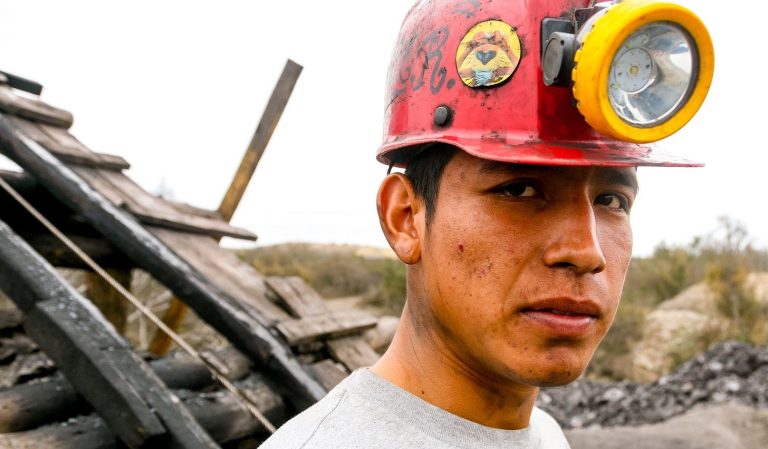More than two years after the 2023 reform of the Mining Law, the lack of regulations keeps private participation in new exploration on hold. Although this instrument is expected to be published in September, specialists warn that it will not be enough to reverse the decline in investment, as the central problem lies in the legislation itself.
The reform reserved exploration for the State, through the Mexican Geological Survey (SGM) or state-owned entities. However, it provides for non-renewable, five-year exploration agreements with private parties that have information on potential deposits in unassigned lots. If the presence of minerals is confirmed, these parties may compete for a concession through a public tender, provided their bid reaches at least 90% of the highest bid and meets legal requirements.
The industry hopes that the publication of the regulations will clarify the doubts that have inhibited private participation. BNamericas learned from two industry sources, who requested anonymity, that the mining regulations are expected to be published in September. A draft of these regulations has even been circulated, although the existence of such a document could not be independently confirmed.
However, mining lawyer Alberto Vázquez warned in a conversation with BNamericas that the problem won’t be solved with a regulation, since what needs to be reformed is the Mining Law that granted the SGM exclusivity.
Example to follow
The expert compared this situation to the energy sector, where the energy ministry (Sener) confirmed that state-owned oit company Pemex can develop crude oil and natural gas exploration and exploitation projects under mixed contracts with private participation. In these contracts, Pemexmaintains at least a 40% interest, and if the agreement is terminated, the company can continue operations with 15 business days’ notice to the ministry.
“Unlike the Mining Law, this scheme is less aggressive,” Vázquez said. “Instead of shutting down mining, the government should incentivize private exploration,” he added.
According to data from the mining chamber Camimex, investment in exploration fell from US$1.17billion in 2012 to US$607mn in 2023. For 2024, the chamber projected US$583million.
Instead of the legally mandated tenders, which analysts say will particularly harm junior companies, Vázquez proposed an alternative model: the government would become a partner once construction on a project has begun, with the role of guaranteeing permits and compliance with the law, but without intervening in the operation.
The lawyer cited examples from other mining jurisdictions where a concession is granted, exploration is suspended, and if the mining project enters construction, the government then becomes a partner, with the sole role of ensuring that the operation always complies with the law.
“The government would be responsible for ensuring the proper issuance of permits, without interfering in the operation,” he said.
In August, the economy ministry authorized the SGM to conduct exploration work in the states of Sonora, Sinaloa, Durango, and Edomex to identify and quantify gold, copper, molybdenum, tungsten, zinc, and silver resources.
Although this possibility is contemplated in article 10 of the reformed Mining Law, which designates the SGM as exploration lead, three related decrees have been published even though no regulation yet exists.
Vázquez pointed out that “through these decrees, the SGM can explore directly or enter into contracts, but it is unknown, because there are no regulations, whether the SGM would pay the explorer for that exploration or whether the explorer would pay for the right to explore.” However, he added that the latter approach is meaningless, as there is no guarantee that the explorer will ultimately retain the concession.


